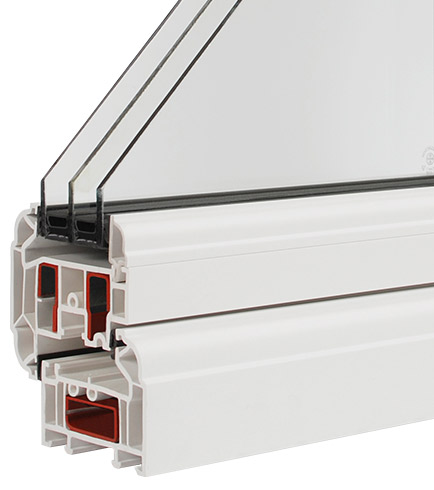Does Triple Glazing Prevent Condensation?

Condensation on windows is a common issue, especially during colder months. While triple glazing can significantly reduce the occurrence of condensation compared to double glazing, it doesn’t entirely eliminate the problem.
How Triple Glazing Helps
Triple glazing consists of three panes of glass, providing enhanced insulation. This design helps maintain a warmer interior glass surface, reducing the likelihood of condensation forming inside your home. Additionally, triple-glazed units often achieve lower U-values (as low as 0.8W/m².K), indicating superior thermal performance compared to standard double glazing.
Additional Factors to Consider
While triple glazing offers improved insulation, other factors like indoor humidity levels and ventilation play crucial roles in condensation prevention. High humidity or inadequate ventilation can still lead to condensation, even with triple-glazed windows. Therefore, it’s essential to address these aspects alongside upgrading your glazing to effectively manage condensation.
Benefits Beyond Condensation Control
Beyond reducing condensation, triple glazing offers several other advantages:
- Enhanced Energy Efficiency: Better insulation leads to lower energy bills.
- Improved Comfort: Maintains a consistent indoor temperature.
- Increased Security: Additional glass layers provide added protection.
- Noise Reduction: Thicker glazing helps minimize external noise.
Is Triple Glazing Right for Your Home?
If you’re looking to improve your home’s energy efficiency and reduce condensation, triple glazing is a worthwhile investment. However, to maximize its benefits, ensure your home also has proper ventilation and controlled humidity levels.
At Realistic Home Improvements, we offer expert advice and installation services for triple-glazed windows. Contact us today to learn more about how we can help enhance your home’s comfort and efficiency.

